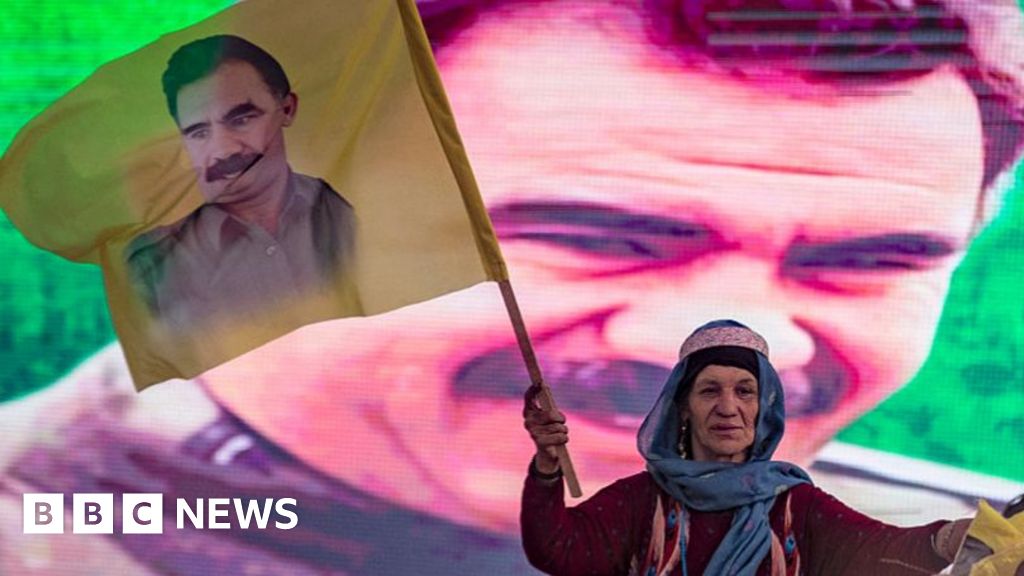Kurdish Fighters Begin Disarmament in Historic Peace Deal with Turkey
Kurdish separatist fighters in Iraq are disarming as part of a peace agreement with Turkey, marking a significant end to decades of conflict.
Subscribe to unlock this story
We really don't like cutting you off, but you've reached your monthly limit. At just $5/month, subscriptions are how we keep this project going. Start your free 7-day trial today!
Get StartedHave an account? Sign in
Overview
- Kurdish separatist fighters in Iraq are disarming under a peace deal with Turkey, marking a pivotal moment in a long-standing conflict.
- The PKK announced its intention to disband and cease armed conflict in May, leading to this disarmament process.
- The disarmament is expected to be completed by September, with a ceremony held in the Kurdish region of Iraq.
- Turkish President Erdogan hailed the disarmament as a positive development, viewing it as a step towards regional peace.
- The PKK, labeled a terrorist organization by several countries, has transitioned from armed struggle to democratic politics under leader Abdullah Ocalan.
Report issue

Read both sides in 5 minutes each day
Analysis
Center-leaning sources frame the disarmament of Kurdish separatist fighters as a pivotal moment in peace efforts, emphasizing the transition from armed conflict to political dialogue. They highlight the significance of this process for regional stability while acknowledging the complexities of the PKK's designation as a terrorist organization, reflecting a cautious optimism.
Articles (4)
Center (3)
FAQ
The decision to disband and end armed conflict was made after repeated public calls from PKK leader Abdullah Öcalan, who urged his group to formally disband and disarm, emphasizing the power of politics and social peace over weapons[3][4]. The process was further encouraged by diplomatic developments and internal shifts within the group.
The peace agreement marks a significant shift for Turkey, potentially reshaping its domestic politics, reimagining citizenship and nationhood to accommodate Kurdish identity, and impacting Turkey’s regional and international relations[4]. Ending the armed struggle paves the way for a more political, civilian, and democratic resolution of the Kurdish issue.
Abdullah Öcalan, the imprisoned leader of the PKK, played a crucial role by repeatedly urging his group to renounce violence, convene a congress, and formally disband and disarm, as he advocated for the power of politics and social peace over armed struggle[3].
After disarmament, the focus will shift to political and civilian efforts to resolve the Kurdish issue, including constitutional guarantees for Kurdish rights and the establishment of a more inclusive and democratic social contract in Turkey[2]. This involves opening up dialogue and ensuring equal rights for all citizens.
While specific monitoring details are not detailed in the article, the process is described as being carried out in groups with official ceremonies in the Kurdish region of Iraq, suggesting some level of transparency and public oversight. International or third-party involvement is not mentioned in this specific phase[3].
History
- This story does not have any previous versions.


